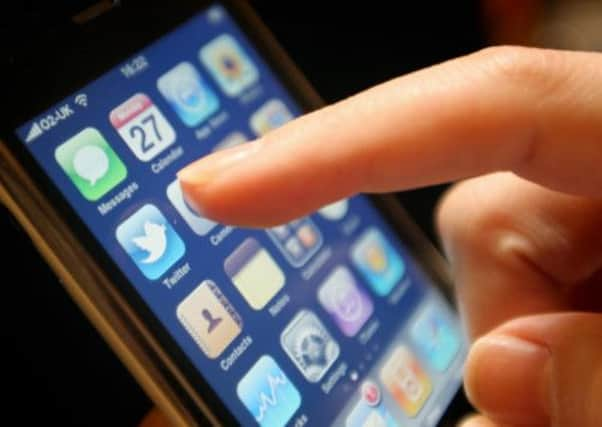Tech Talk: Radio is dead – but it’s a golden age for wireless


In fact, the oldest mass medium may be about to enter a new golden age.
The rise of smartphones and other devices connected to the internet mean you no longer have to carry a transistor radio around the house with you, nor sit through hours of music you don’t like to hear the one tune that you do. You don’t even have to listen at the right time to find what you want.
Advertisement
Hide AdAdvertisement
Hide AdToday’s radio is less likely to be a console in the kitchen than an app on your phone or tablet. Install the iPlayer on your device and you can tune in to any BBC station live or retrospectively. Better still, you can download an app like TuneIn Radio for access to pretty well any station on the globe, including perfect reception of the BBC World Service.
Apps like these have, despite those sales pitches on the BBC, rendered digital DAB radios all but redundant, and for good reason. DAB technology was outdated even before it was launched, and in many parts of Yorkshire digital reception is no better or worse than FM and medium wave. On top of that, many commercial stations are reluctant to broadcast in the digital airpsace because of the high cost and relative scarcity of listeners. So the internet is where the choice is.
The web also opens up a world of podcasting, which involves downloading selected radio programmes and then listening offline at your convenience. All you need is a podcast app like the free one build into the iPhone and iPad, or DoggCatcher for Android devices. The BBC makes many of its shows available as podcasts but don’t limit yourself just to the corporation – a quick online search will reveal hundreds of regularly-transmitted programmes on every conceivable subject from broadcasters large and small – including the Yorkshire Post. The breadth of content is astonishing, with every taste in music accommodated. Some stations now rebroadcast classic programmes from the 1940s and 50s.
And don’t forget that your television is also a radio: Freeview carries all the BBC stations and quite a few commercial ones from channel 700 upwards. Now that all tellies have Freeview, the need for a radio is diminished even further.